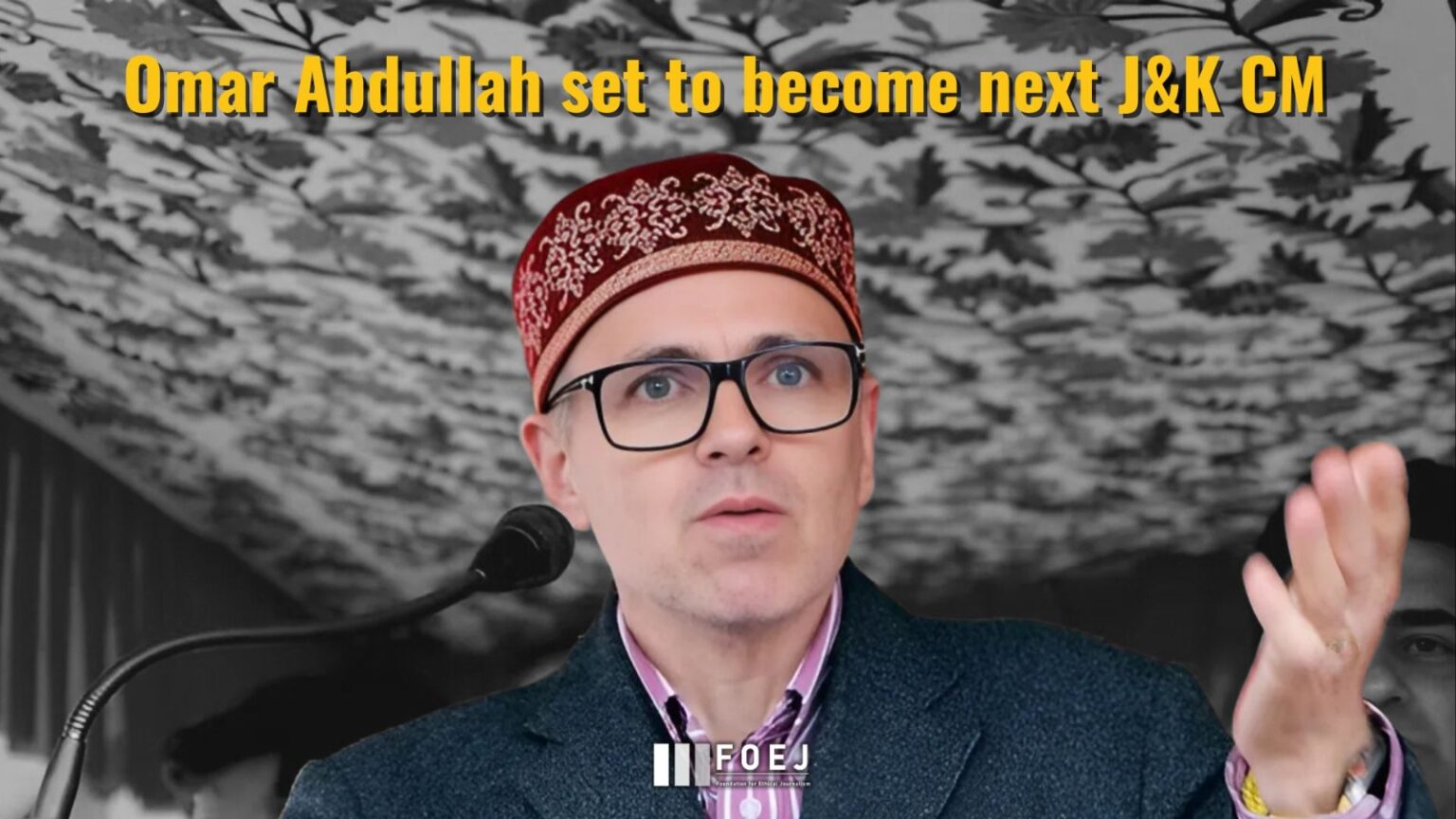Omar Abdullah is set to be the first Chief Minister of Jammu and Kashmir since the region’s reorganization as a Union Territory.
Abdullah’s Jammu and Kashmir National Conference (JKNC) party, in alliance with the Indian National Congress has won a prestigious battle by crossing the 45 seat majority in the 90 member assembly. Hitting an impressive victory in Budgam and leading in Ganderbal- the two seats he contested for- he is ready to be the Chief Minister and carry on his family’s legacy.
Omar Abdullah Won a Prestigious Battle
Omar Abdullah contested and won in two key constituencies: Budgam, where he led by 18,485 votes, and Ganderbal, with a victory margin of 10,574 votes. Under his leadership, the Jammu and Kashmir National Conference (JKNC) won 42 seats, while the Congress secured six, enabling their alliance to form the next government.
This election is particularly significant as it is the first since the abrogation of Article 370 in 2019, which removed Jammu and Kashmir’s special status and statehood. The region has been under presidential rule since then, making these results a strong indicator of the political mood in Jammu and Kashmir. The last Chief Minister, Mehbooba Mufti, and her party, the Jammu & Kashmir Peoples Democratic Party (JKPDP), experienced a substantial defeat, winning only three seats.
Despite projecting itself as the architect of peace and development in the region, the Bharatiya Janata Party (BJP) faced a setback, winning only 27 seats, which is far from a majority. This outcome suggests that many voters viewed the party’s policies as overreaching, particularly in light of the revocation of Article 370. The fact that the BJP did not win a single seat in the Kashmir Valley further contrasts with its claims of widespread support in the region.
Mohammad Yousuf Tarigami of the Communist Party of India (Marxist) won the Kulgam seat, marking the CPI(M)’s only victory in the region.









